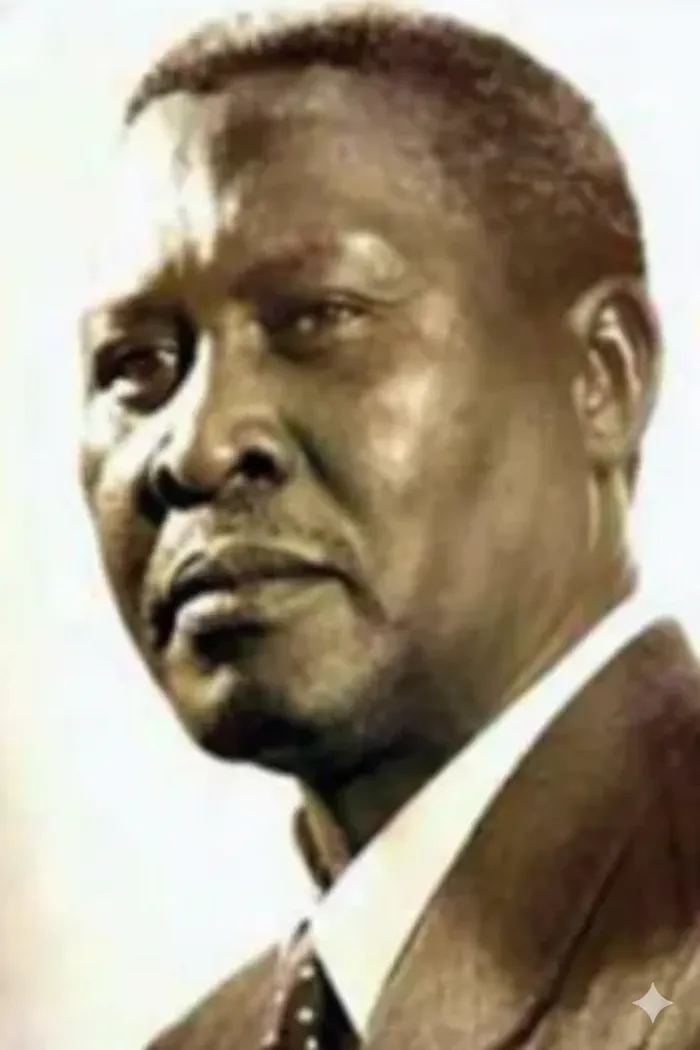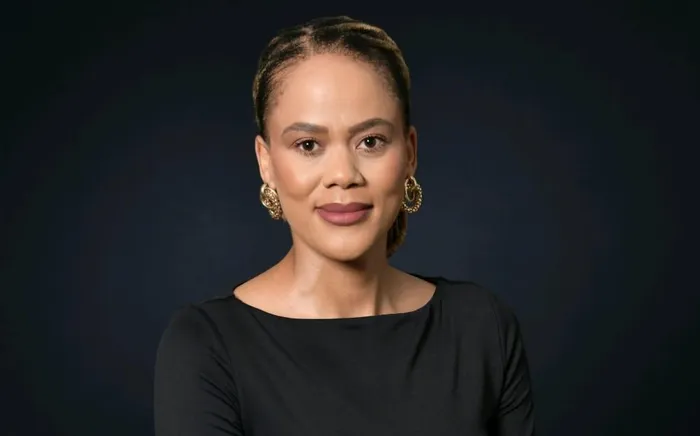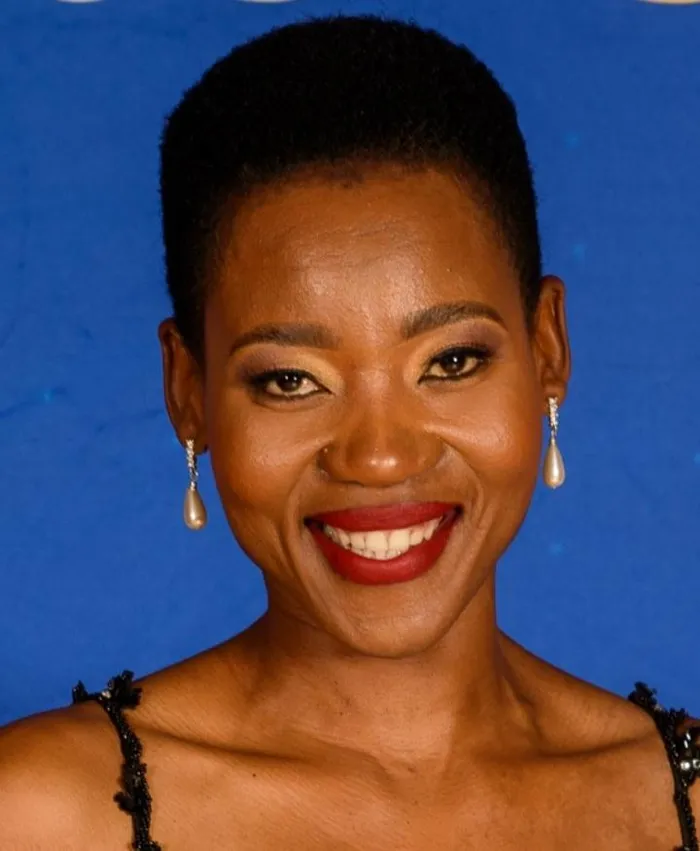Reclaiming African languages: A call to honour Luthuli's legacy
TOWERING FIGURE

UNISA honours Chief Albert Luthuli by highlighting his immense contribution to the political shift in South Africa.
Image: Supplied
This year’s seventh Unisa Chief Albert Luthuli Founders Lecture challenged attendees to reflect on the theme “Reclaiming African Languages: Identity, Knowledge, and Educational Transformation.” Organised by Tinyiko Chauke and Puleng Segalo, the event served not just as a forum to honour Luthuli’s enduring legacy, but as a critical exploration of how reclaiming African languages can transform identities and educational practices in South Africa.
Chief Albert Luthuli remains a towering figure in the struggle for equality and the affirmation of African identity, both in South Africa and around the globe. Central to his philosophy was the understanding that language transcends mere communication; it is a deep repository of our cultural heritage, our historical narratives, and, ultimately, our collective identity.

Tinyiko Chauke
Image: Supplied
Luthuli’s steadfast commitment to non-violence and social justice highlighted the fundamental importance of peaceful resistance. He envisioned a society where African languages would flourish alongside English and Afrikaans, embodying a world where culture and identity were not marginalised but celebrated. This perspective echoes loudly in today's discourse, revealing the intrinsic connection between liberation and the reclamation of African cultures and languages.
The lecture drew on Gunner's insightful article "The Politics of Language and Chief Albert Luthuli’s Funeral", which illustrates how language has been instrumental in memorialising Luthuli’s legacy. Gunner noted the multilingual rituals at Luthuli’s funeral, which not only honoured his remarkable life but also underscored South Africa’s rich cultural diversity. These moments of communal mourning transformed into an act of linguistic resistance, reclaiming space for indigenous languages and reaffirming Luthuli’s belief in the complex celebration of African identities.

Prof Puleng Segalo
Image: Supplied
As we reflect on Luthuli’s expansive vision of national identity, it becomes increasingly apparent that the intersection of language and identity is vital to addressing South Africa's prevailing challenges, many of which stem from the colonial and apartheid eras’ erasure of linguistic and cultural heritage. Emphasising and re-centering indigenous languages offers a pathway to healing and unity among our diverse communities.
Moreover, the educational framework in South Africa is in dire need of transformation. Many scholars advocate for an immediate revision of curricula to integrate African languages, affirming that this shift is crucial for connecting students with their heritage, thus empowering them to embrace their identities in a world often dominated by global languages that can alienate African traditions.
Ambassador Thenjiwe Mtsintso, in her keynote address, echoed this sentiment, declaring, “Reclaiming African languages is not a cultural afterthought; it is a nation-building strategy.” She urged academic institutions to go beyond mere theorising and to boldly reimagine curricula by prioritising African languages in teaching, research, and learning facilitation.
Reflecting on Luthuli’s legacy through the lenses of language and identity offers a guiding light towards an educational system that mirrors our cultural diversity. By reinstating African languages as integral components of our educational practices, we foster belonging and pride in our heritage, steering society closer to justice and equity. Despite the myriad challenges that loom, the Luthuli Lecture invigorates our collective effort to embrace a cultural narrative that reflects Luthuli’s unwavering conviction in self-determination.
As Mtsintso poignantly noted, “When our children can reason in the language that first taught them to name the world, they will not only understand it better, but they will also change it.” This year marks the beginning of the UN International Decade of Indigenous Languages (2022-2032), providing a framework that encourages global solidarity in revitalising indigenous languages. The call to action is clear: we must seize this moment to honour Luthuli's legacy, making a conscious effort to reclaim our languages, our identities, and ultimately, our futures.
IOS